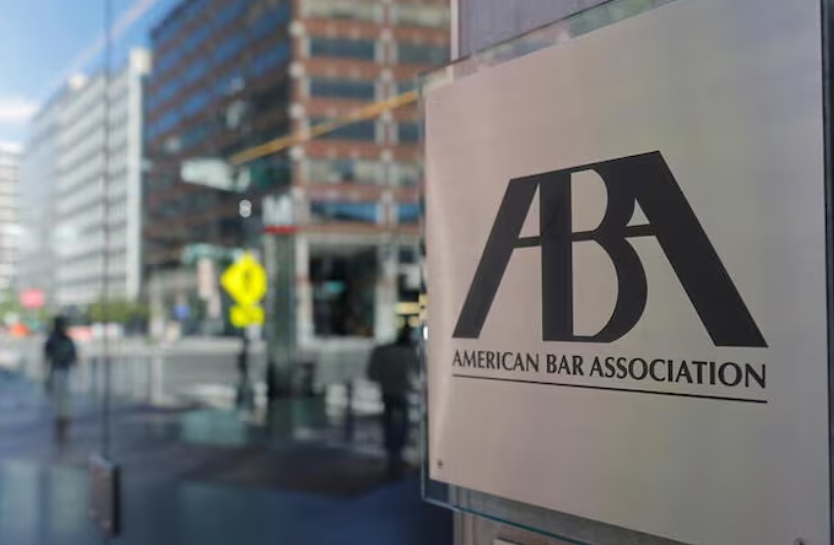Law schools will soon need to establish “minimum learning outcomes” for every class and ensure consistency across all sections of required courses.
On Friday, the American Bar Association’s Council of the Section of Legal Education and Admissions to the Bar adopted changes to its student learning outcomes standards, aiming to clarify the obligations of law schools.
These changes also seek to ensure greater uniformity in required classes that have multiple sections each term, such as Contracts or Torts, which are often taught by different professors.
The new rules also require all first-year classes to include an early assessment that provides students with feedback before the final exam. Schools must offer academic support to students who do not reach a satisfactory level of achievement.
Additionally, outside of “extraordinary circumstances,” at least 80% of each first-year law student’s instructors must be full-time faculty members, ensuring that new students primarily learn from full-time rather than adjunct professors.
“We need to do something to make these requirements meaningful…and give them teeth,” said ABA council member Daniel Thies, noting that some schools currently treat these requirements as mere “busy work.”
However, these changes still require approval from the ABA’s House of Delegates, which will next meet in February. If approved, as is typical with revisions to law school accreditation standards, the new student learning outcomes will start to phase in by 2026. The U.S. Department of Education tasks the ABA with accrediting law schools.
The revised standards have sparked debate within the legal academic community. While some legal scholars welcome the increased oversight, others argue that the changes amount to micromanagement by the ABA, which they believe will reduce the flexibility and control law professors have over their course content.
In April, more than a third of the nation’s law deans—76 in total—submitted a comment to the ABA opposing the changes, warning that they “could harm legal education” by imposing unnecessary requirements on schools. The deans see this proposal as part of a broader effort by the ABA to exert more control over law schools.
Supporters of the new requirements, however, argue that students will benefit from greater course uniformity and a clearer understanding of how individual classes fit into the larger curriculum. The ABA first circulated the revised student learning outcomes in August 2023, and the proposal has since undergone several rounds of public comments and revisions.

